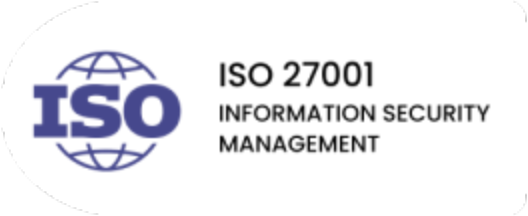April 27, 2022
The mining industry is under pressure to integrate innovation into core business operations, to remain competitive globally, to ensure zero harm and to do its part in mitigating against climate change.
The future of sustainable mining, therefore, lies in innovation and at the heart of innovation is technology, Trade and Investment Consul at the Israeli Embassy in South Africa, Amit Lev, said on April 26, adding that mining companies were increasingly understanding the importance of innovation, coming out of Covid-19 and its disruptive effect on operations.
The Israel Trade Mission to South Africa hosted a “Future of Mining Technology” conference, highlighting the solutions Israel could offer the South African mining industry.
Israel has more than 300 research and development centres, 6 000 startup companies and a vibrant technology ecosystem, through which it hopes to benefit mining jurisdictions such as South Africa to become safer, more profitable and more efficient.
For example, Insight Partners, through its venture capital portfolio of software companies, offers solutions to increase machine productivity and has worked to make Komatsu machinery, in particular, smarter. The company believes that add-on systems to heavy machinery are one way to make machinery more efficient and the mining industry more sustainable.
Another example is Eurotech Communication, which is a leader in communication solutions for the mining industry, designing end-to-end solutions that interconnect distributed smart objects and move valuable data between machines.
The company believes the “way of the future” for mining is through managed interfaces between the real world and the digital world, between sensors and the Web, and devices and the cloud.
Foresight Automation, meanwhile, discussed expertise in multispectral imaging, allowing machinery to obtain additional information the human eye can not see, using infrared sensors. It believes this kind of technology is vital for mine site safety and collision avoidance.
A company called Razor Labs highlighted how it uses “deep learning” to make machinery smarter, for more efficient operations and to enable predictive maintenance to be done – this artificial intelligence (AI) technology can often predict machine failures weeks in advance.
Next, GOARC described how mining companies can reach operational excellence and the next level of profitability using its software-as-a-service-based safety platform, which offers a real-time view of a plant’s operational reality, with visualisation and dynamic work activities, as well as risk management.
The company uses predictive AI-powered digital solutions to connect people and aggregate disparate data from systems, sensors and human-derived activities.
The companies all agree that mining companies need to clearly define their use case for technology and be aware of the value that certain technologies can create, for that particular use case.
The experts speaking at the conference pointed out that knowledge about mining has become non-optional for safety and efficiency, as mining companies are increasingly under pressure to reduce redundancy, be more profitable and meet key performance indicators.
The panelists reiterated their understanding that for mining companies reducing downtime is paramount and, therefore, their appreciation of the need to install their respective technologies as quickly as possible and without impacts to surrounding operations.
The solutions on offer by these companies are often “plug-and-play” based, for easy integration and installation.
The companies agree that the future of mining technology is pillared on flexible and integrated systems, managed asset lifecycles, device analytics, proactive protection of people and assets, and actionable insights and alerts.



